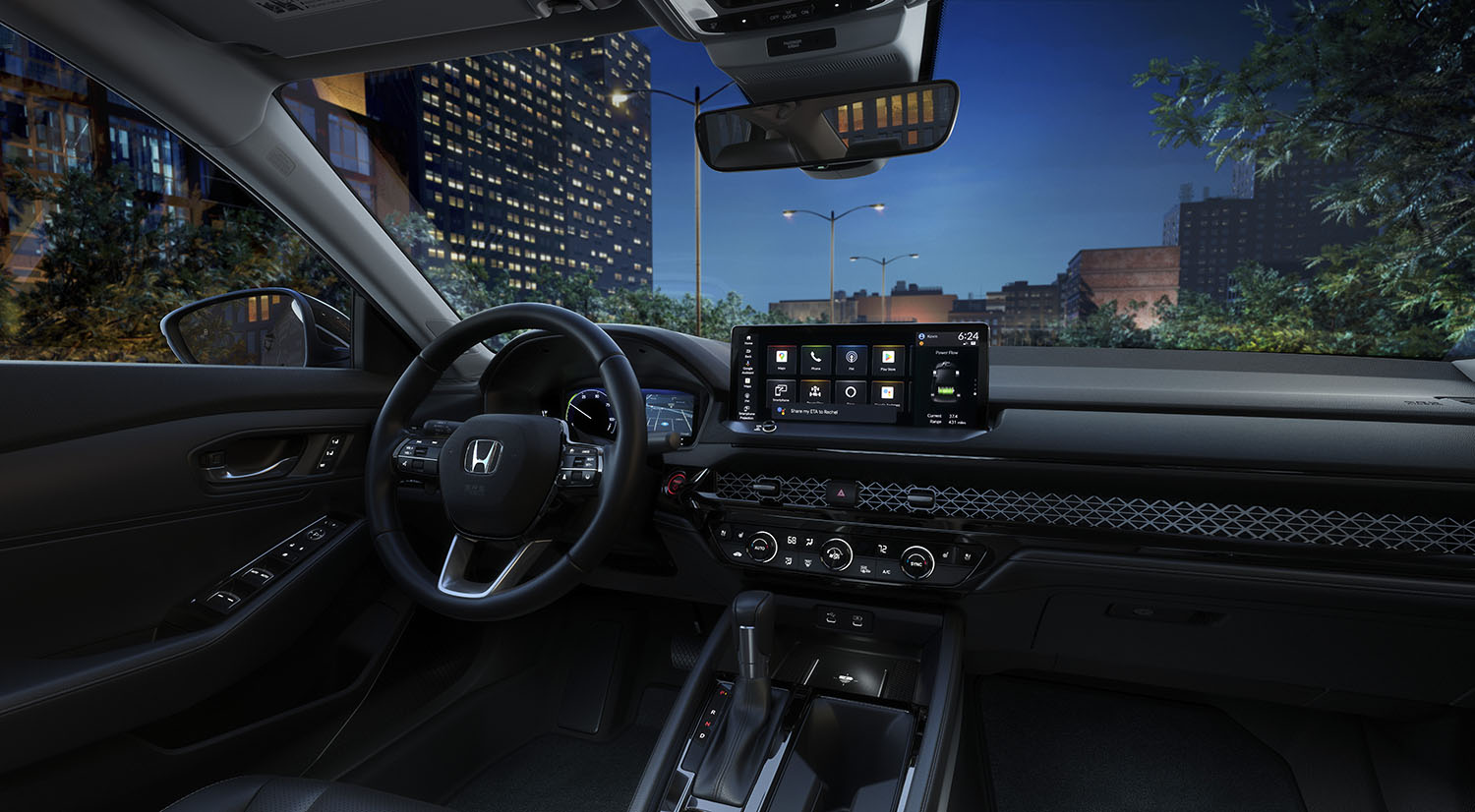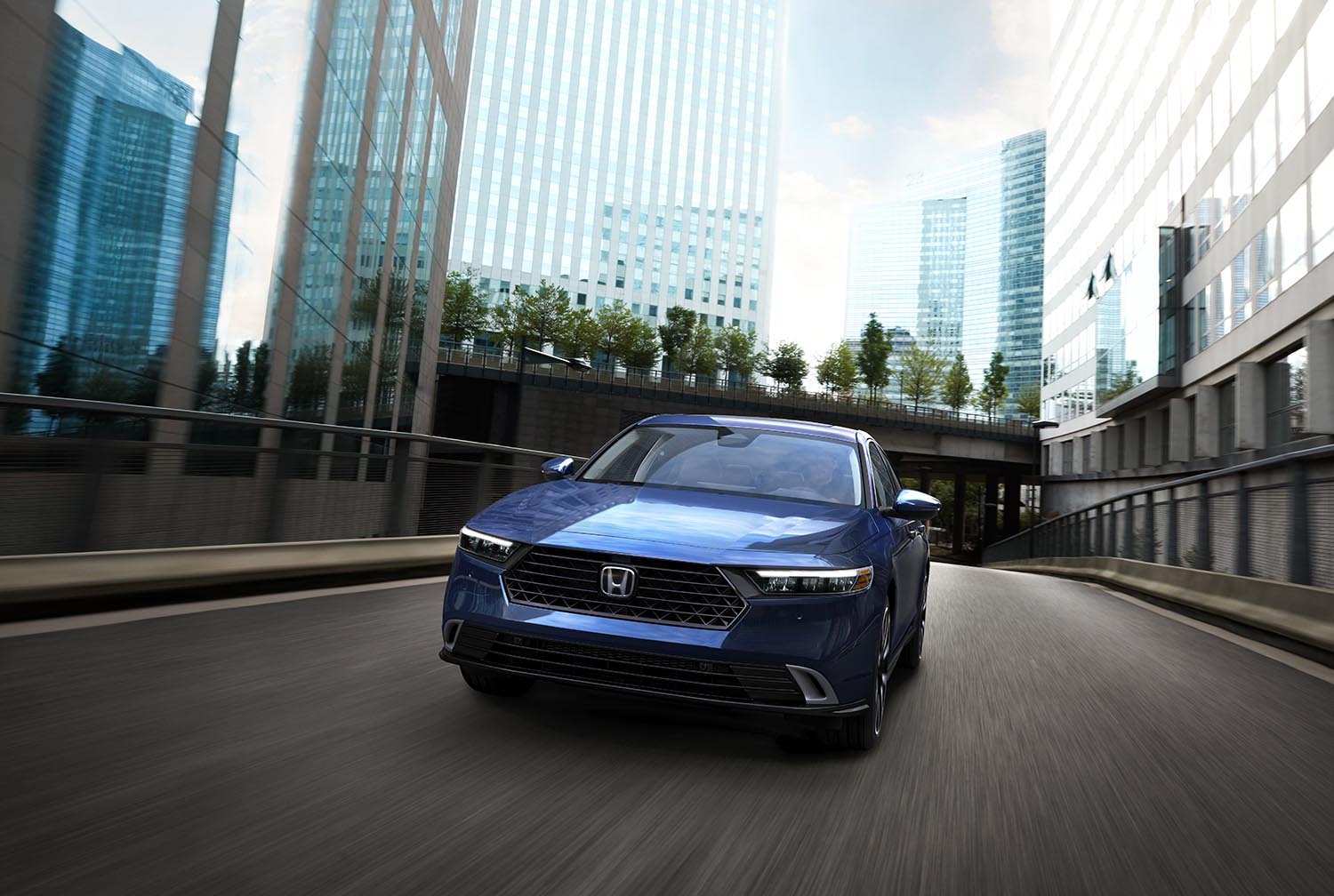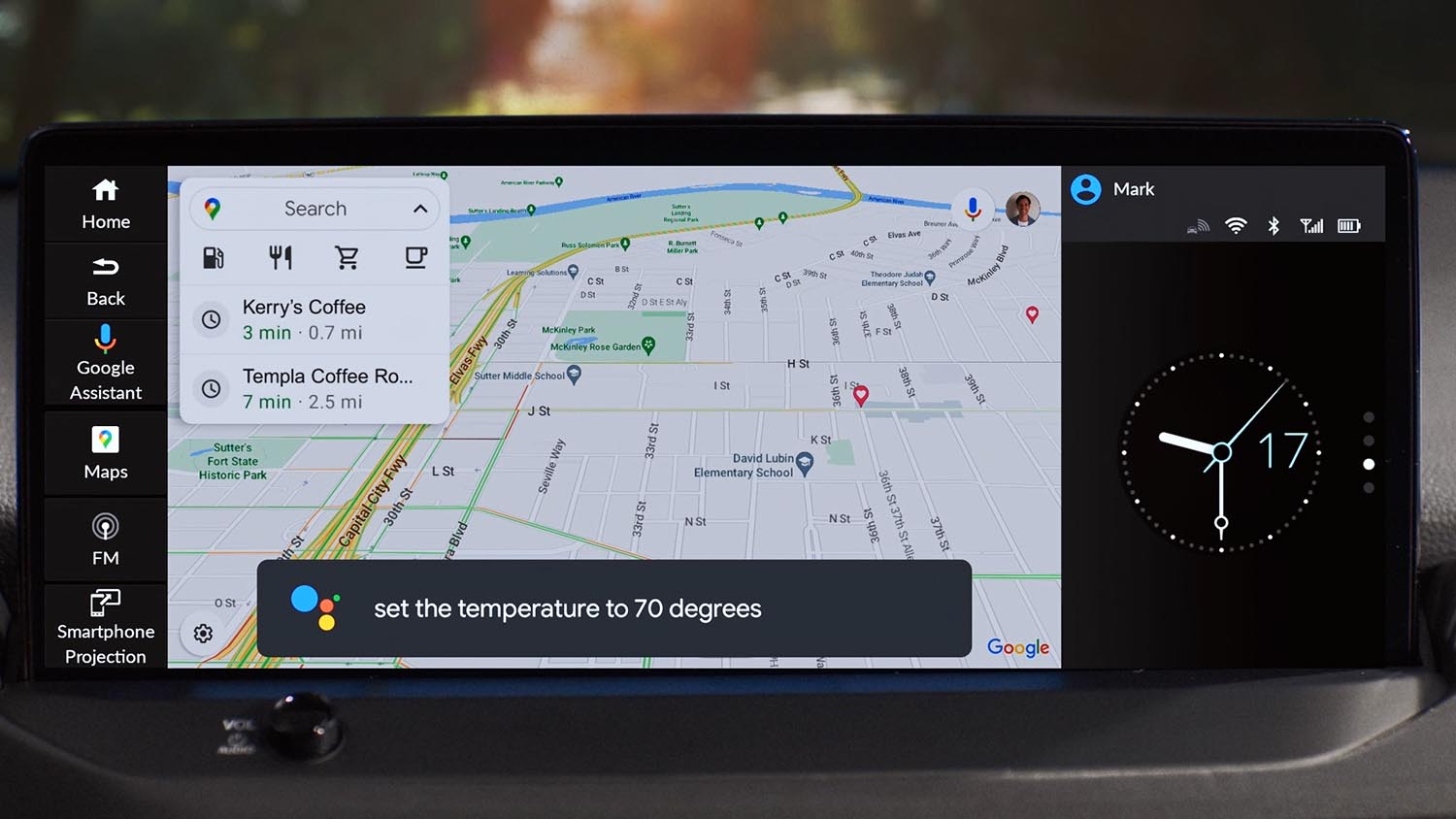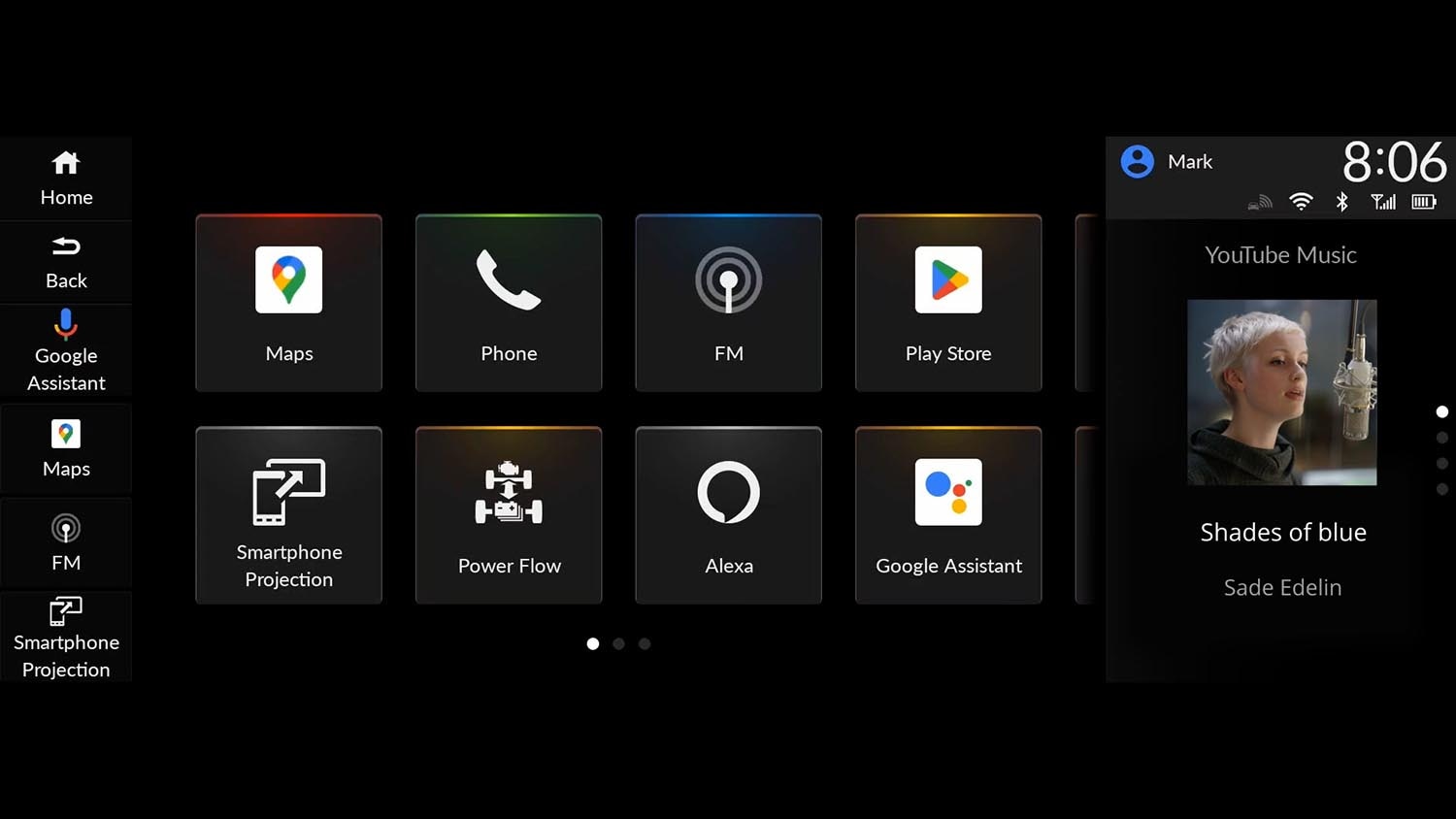Is Satellite Radio Going Away?
Satellite radio has a lot of competition in the connected-car age.
 Honda
Honda
Prospective buyers and perhaps some owners of the 11th-generation Honda Accord (released for 2023) may be surprised to learn that the car lacks satellite radio, a feature available on many other new cars. Then again, maybe those owners won't notice. Or if they do, they might not care. The way we consume audible content has changed dramatically since satellite radio first landed in cars in the early aughts. What might the future of in-car listening look like as satellite radio becomes less prevalent? Here's an exploration of satellite radio's arrival in cars, how the industry has shifted over the years, and what's likely to come.
 Honda
Honda
A Brief History of Satellite Radio in Cars
Before satellite radio came along, terrestrial radio in the form of AM and FM stations was a major source of audio entertainment in vehicles. Trouble is, FM radio stations can broadcast their signal only so far. Once you travel beyond its range, the audio fades to static, and you have to scan for a new local station.
Satellite radio stations don't have that problem. Rather than send their signal across land — where other signals and even hills and buildings may weaken it — they direct it out toward space and rely on satellites orbiting Earth to transmit it back down to millions of receivers across the continent. This makes it possible for you to listen to the same station no matter your location. Satellite radio providers also employ ground repeaters in built-up urban areas to avoid blocked signals.
XM was the first to broadcast satellite radio in the U.S., going live in September 2001 and beating rival company Sirius to market by a few months. The two companies offered similar music programming, but car owners couldn't choose which provider they used. Instead, that decision came down to the make of your vehicle. Automakers such as General Motors and Honda signed deals with XM, whereas others, such as Ford and BMW, went with Sirius.
Satellite radio then fell on hard times, and to stay afloat, Sirius and XM merged, resulting in SiriusXM. The company has since diversified its audio plays, having purchased Stitcher (podcasts) and Pandora (music streaming), along with a host of content from independent creators. And SiriusXM is still home to exclusive content, including The Howard Stern Show.
 Honda
Honda
Dropping Satellite or Avoiding It Altogether
Satellite had a good run in the 2010s, with subscribership climbing steadily until it plateaued. Many new cars provided the hardware as standard or optional equipment plus differing lengths of introductory trial subscriptions.
And then the disrupters showed up. Tesla includes the requisite hardware on the Model S and Model X, but the Model 3 and Model Y lack the gear. Rivian decided not to go the satellite route at all, offering an audio streaming service instead. Lucid signed on with SiriusXM, but only after customer deliveries of the Air sedan had begun. Vietnamese EV startup Vinfast also chose to skip satellite radio. We're sensing a possible trend.
This brings us to Honda, which is more of a legacy automaker than a disruptor. So far, the Accord is the only Honda to be offered without SiriusXM, but it may not be the last. The latest Accord is the first Honda to offer Google Built-In, an infotainment and connectivity system that integrates Google products such as Google Maps and Google Play.
The loss of the satellite connection has additional effects. Older Accords and other Hondas make use of the SXM downlink to enable HondaLink connected-car features, such as vehicle notifications and remote status checks. In recent years, the automaker has shifted certain vehicles to a cellular-based data connection, which can also support these features as long as there's cell coverage. High-speed cellular data access is widely accessible in and around most cities and allows automakers to offer things such as in-vehicle Wi-Fi hotspots and over-the-air updates. Some Google Built-In functionality requires a vehicle data plan.
 Honda
Honda
The Future Is Likely Streaming
Say you really want satellite radio in your vehicle but don't have the hardware. You may be able to add it through aftermarket equipment, then pay about $14 to $24 a month for a service plan. Or you could sign up for SiriusXM's streaming app (about $11 per month) and play its content through your car stereo by pairing your phone to the car via Bluetooth.
One potential issue with that solution is the fact that cellular data connections aren't as consistent or widespread as satellite reception, so you might lose audio when you drive into a zone without much service.
Chances are, however, that you already have music streaming through a service such as Spotify, Pandora, or Amazon Music. Add Bluetooth or an Android Auto or Apple CarPlay connection and you've replaced the music portion of SiriusXM's offerings — though the cellular dropout issue remains.
Written by humans.
Edited by humans.
 David Gluckman
David GluckmanDavid Gluckman has over a decade of experience as a writer and editor for print and digital automotive publications. He can parallel park a school bus, has a spreadsheet listing every vehicle he’s ever tested, and once drove a Lincoln Town Car 63 mph in reverse. When David’s not searching for the perfect used car, you can find him sampling the latest gimmicky foodstuffs that America has to offer.
Related articles
View more related articles